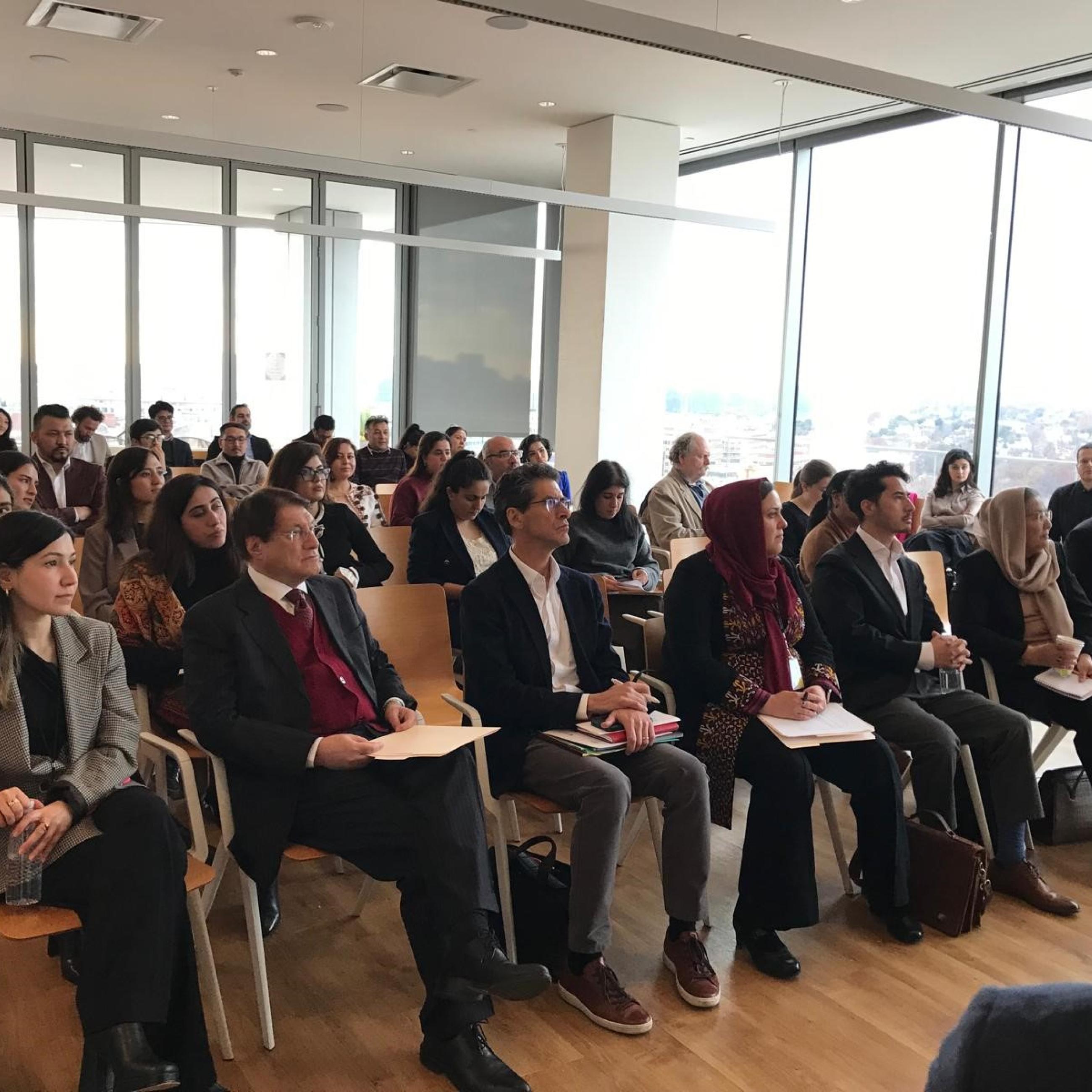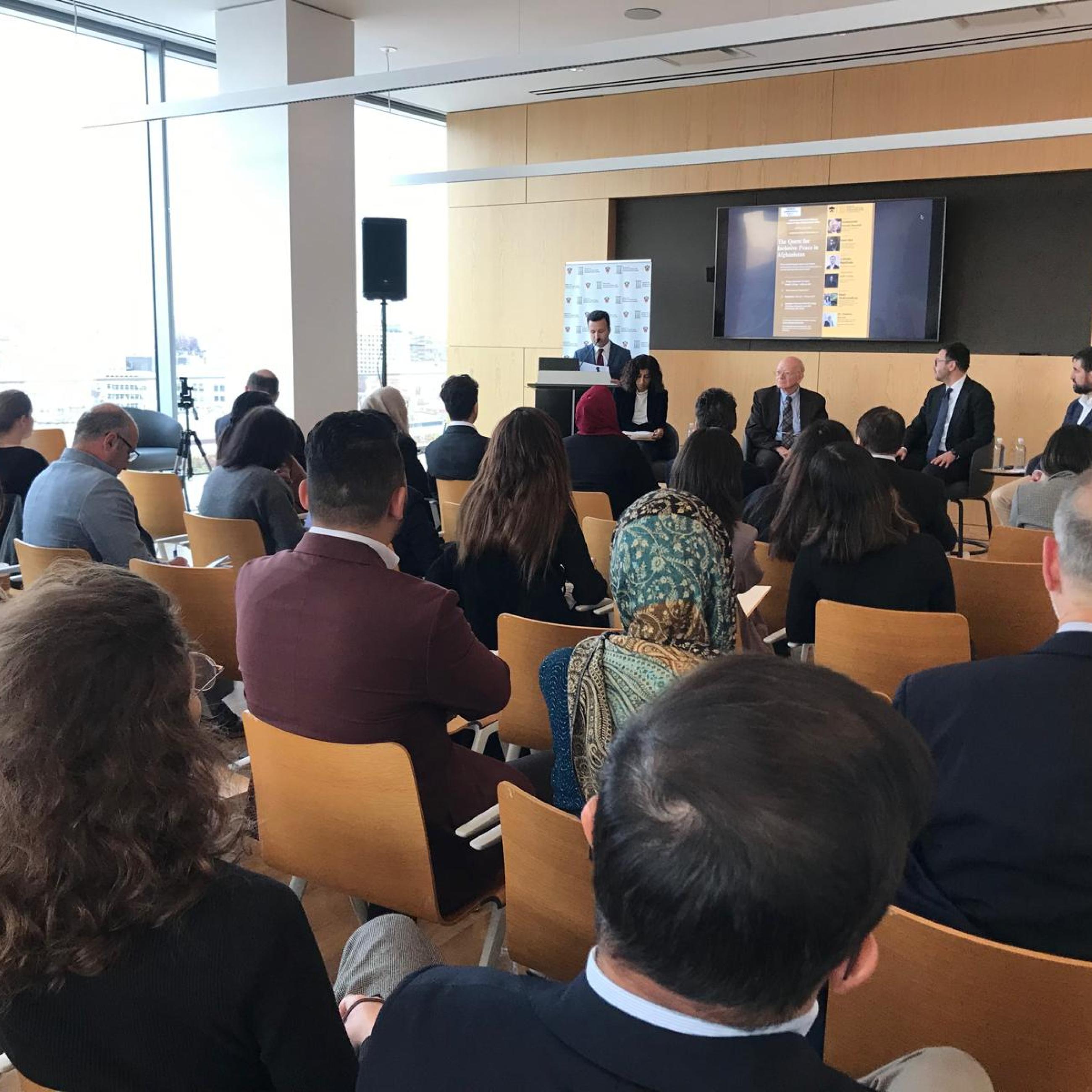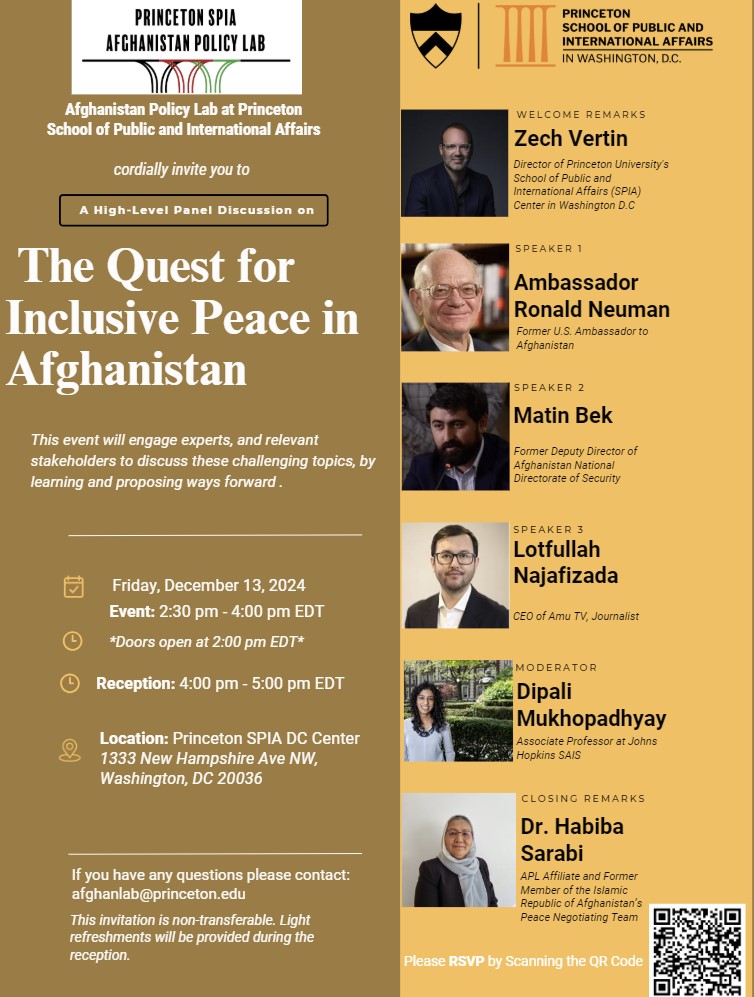
Over the past four decades, Afghanistan has faced relentless violence and conflict, resulting in immense pain and loss without achieving long-term, sustainable peace. Despite temporary pauses in violence, the lack of a comprehensive national healing and reconciliation process has perpetuated a cycle of conflict, compounding the nation’s suffering. Even during the relatively stable period from 2001 to 2021, Afghanistan failed to pursue meaningful reconciliation.
In the current context—characterized by political stagnation—it is crucial to explore how Afghanistan can build an inclusive political system while addressing deep-seated wounds from past conflicts. This inquiry must tackle complex questions about breaking the cycle of violence, ensuring the safety of all Afghans, and identifying necessary political proposals for transformation.
While considerable research has been conducted on these issues, much of it lacks a solid grounding in Afghan perspectives, often overlooking key realities. Therefore, there is an urgent need for further examination, debate, and diverse policy recommendations to address the grievances accumulated over the past four decades.
The Afghanistan Policy Lab at Princeton School of Public and International Affairs plans to host a high-level, one-day event in SPIA DC. This event will engage experts, and relevant stakeholders to discuss these challenging topics, by learning and proposing ways forward. and . It is essential for Afghan society—both in exile and within the country—to access literature and information that scrutinizes these topics, fostering reflection and acknowledgment of the unaddressed atrocities. Prioritizing reconciliation and healing is vital for any sustainable political solution for Afghanistan’s future.
This event is designed to foster open and candid dialogue, with the two off-the-record sessions enabling a safe space for reflection and debate. The public panels will serve to share key insights and policy recommendations with a broader audience.
Sponsorship of an event does not constitute institutional endorsement of external speakers or views presented.

Zach Vertin is the inaugural Director of Princeton University's School of Public and International Affairs (SPIA) Center in Washington D.C.
Vertin previously served in the Biden Administration as a Senior Advisor to the U.S. Ambassador to the United Nations, where he worked on policy issues across the UN system--including Security Council affairs, U.S.-China relations, the Indo-Pacific, and initiatives on on the future of multilateralism and global governance reform.
Vertin has worked in government, think tanks, non-governmental organizations, and academia, including in numerous roles overseas. His areas of expertise include: U.S. foreign policy, global governance and institutions, multilateral diplomacy, strategic planning, conflict analysis and resolution, mediation and negotiation, political transitions, Africa, the Middle East, and China.
Vertin served in the Obama Administration (2013-16) as Director of Policy for the U.S. Special Envoy to Sudan and South Sudan, during which he was intimately involved in negotiations to end South Sudan’s civil war. His book, A Rope from the Sky: The Making & Unmaking of the World's Newest State(external link) (Pegasus) chronicles the extraordinary birth of South Sudan, its subsequent collapse, and a reckoning with the limits of American influence amid a changing global landscape.
He is also a Lecturer at the School of Public and International Affairs, where he teaches courses on international mediation, negotiation, and peace processes, as well as U.S.-China relations.
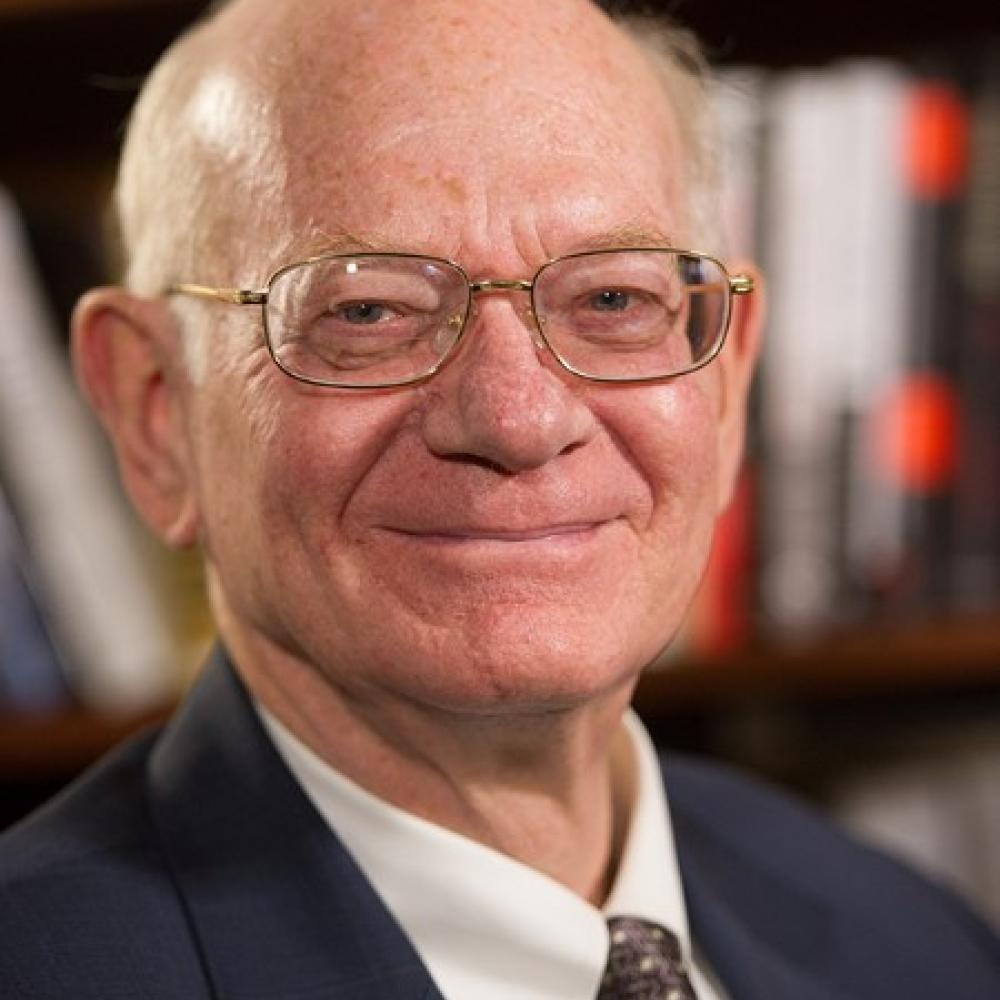
Ambassador Ronald E. Neumann, a distinguished career diplomat and Senior Foreign Service member, has served as U.S. Ambassador to Algeria, Bahrain, and Afghanistan, where he was stationed from 2005 to 2007 during a critical period of the conflict. Before his Afghanistan tenure, he played a pivotal role in Iraq as the Coalition Provisional Authority’s liaison with the Multinational Command, coordinating political and military actions. His extensive diplomatic career includes leadership positions such as Deputy Assistant Secretary of State for North Africa and the Arabian Peninsula, Director of the Office of Northern Gulf Affairs, and postings in key locations like Abu Dhabi, Sanaa, Tabriz, and Dakar. Ambassador Neumann’s career reflects deep expertise in Middle East and North African affairs, as well as a commitment to fostering stability in conflict zones.
An accomplished author and advocate for effective diplomacy, Ambassador Neumann has penned two books, including The Other War: Winning and Losing in Afghanistan, alongside numerous articles and monographs on Afghanistan and international stabilization efforts. He remains actively engaged in educational and humanitarian initiatives, serving on advisory boards for the School of Leadership, Afghanistan (SOLA), Spirit of America, and the Friends of the American University of Afghanistan. A decorated Vietnam War veteran, he holds several military honors, including the Bronze Star and Combat Infantry Badge, and received the American Foreign Service Association’s Lifetime Contributions to American Diplomacy Award in 2018. Ambassador Neumann holds degrees in history and political science from the University of California, Riverside, and is a National War College graduate.
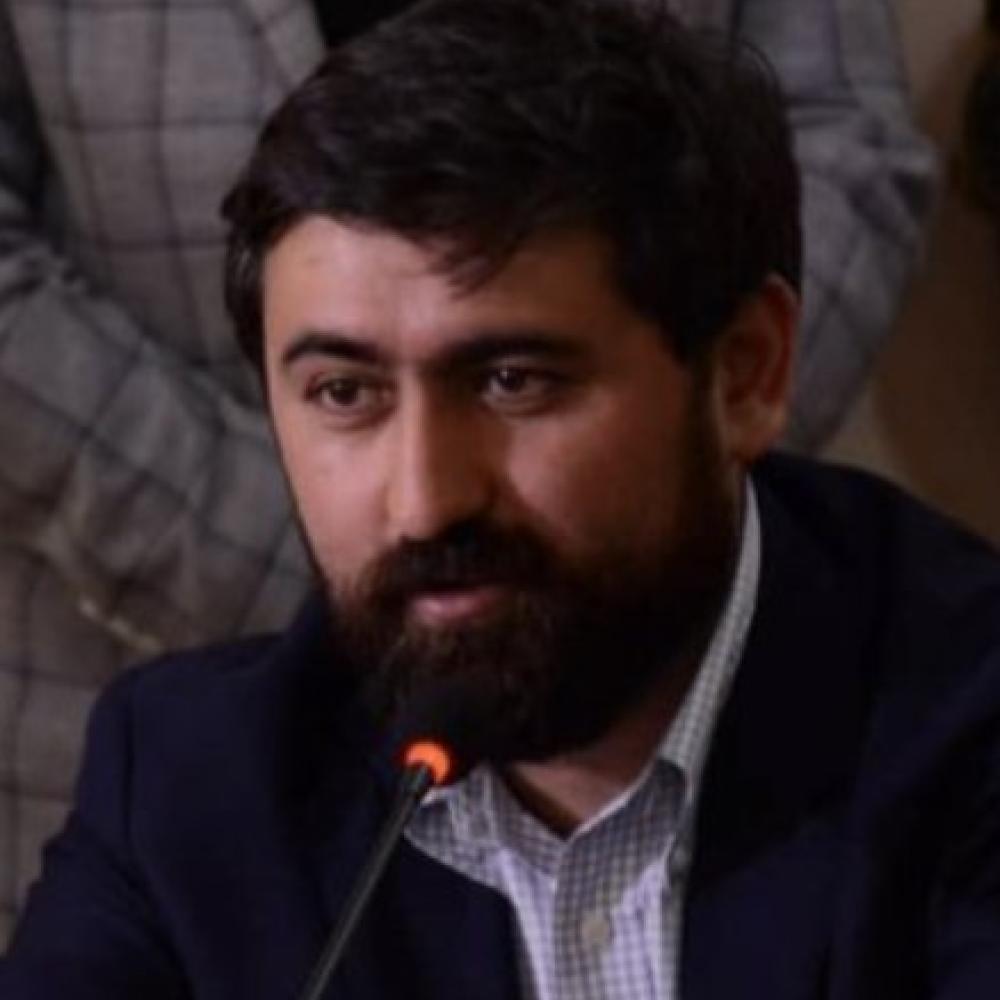
Matin Bek is a fellow with New America's Future Security program. He has held several senior positions within the Afghan government, including Chief of Staff to the Afghan President (July-August 2021) and as a member of the Islamic Republic of Afghanistan’s Peace Negotiation Team (2020-2021). Additionally, he served as Director General of the Independent Directorate of Local Governance (IDLG) from 2017 to 2020.
Prior to that, Mr. Bek was the Deputy Director of the National Directorate of Security (NDS) for Provincial Affairs (2015-2017) and Deputy Director General of IDLG for Administrative and Financial Affairs( 2012-2015). Notably, he was the youngest cabinet member of the National Unity Government and served as a member of the National Security Council.
Mr. Bek holds a Master’s degree in Security Studies from Georgetown University, and another Master’s in Political Science from Jawaharlal Nehru University. He also earned his Bachelor’s degree in Political Science from Delhi University.
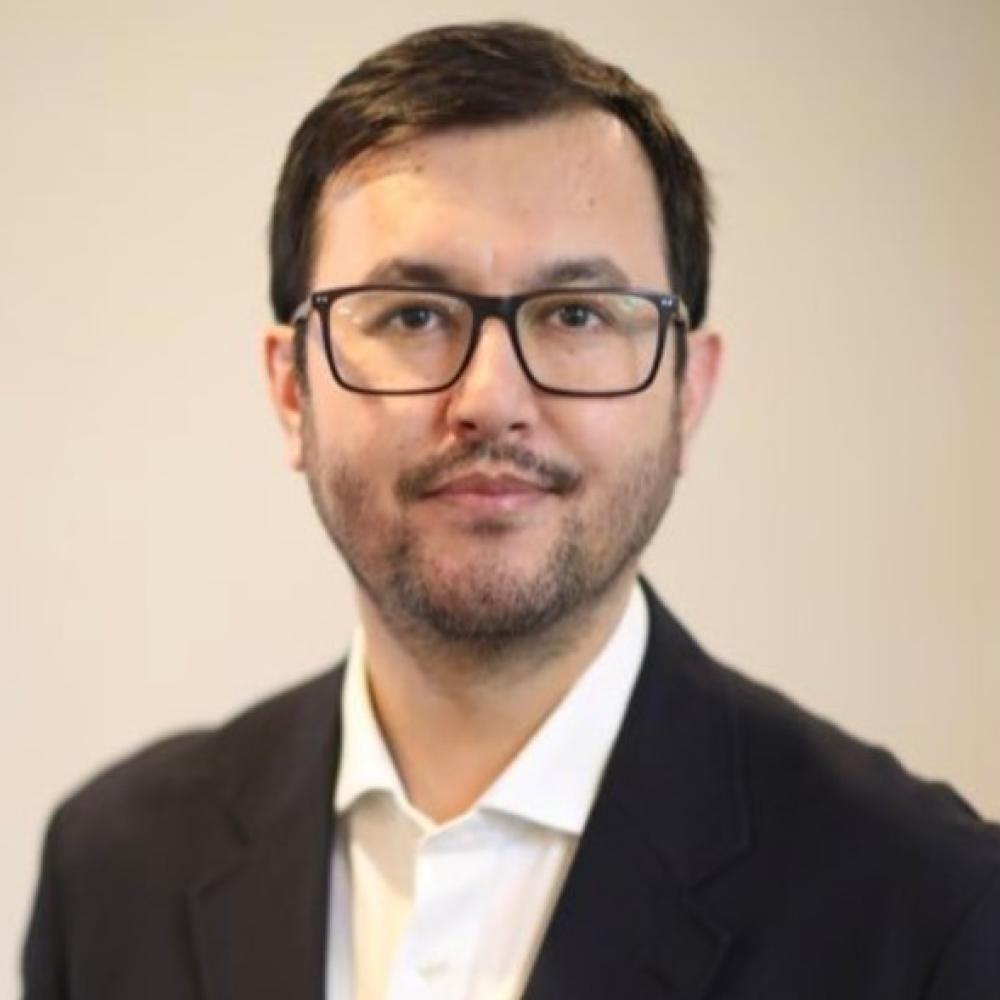
Lotfullah Najafizada is a Journalist & CEO, Amu TV an international media outlet for Afghanistan that he and his colleagues founded after the fall of Kabul in August 2021. At Amu, Najafizada and his colleagues are trying to revitalize free press in Afghanistan by connecting Afghan journalists in exile with those who are inside the country and providing free and unbiased reporting for the Afghan people. Najafizada’s nearly two decades of journalism experience includes leading TOLOnews TV from 2009 to 2021, where he led the largest news operation in Afghanistan for over a decade and conducted many high-profile interviews with global leaders. Among many recognitions, One Young World awarded him the Journalist of Year Award for 2022, Paris-based Reporters without Borders awarded him with the medal of Press Freedom Hero in 2016, TIME Magazine profiled him as a Next Generation Global Leader in 2016, and Forbes magazine selected him among the 30 under 30 Asia influencers in media in 2017. Najafizada was the only Afghan journalist who attended two rounds of civil-society talks with the Taliban in Doha in 2019 and in Oslo in 2022. He was formerly a fellow with the Institute of Politics, University of Chicago from 2021 to 2022, the Asia Society in 2012, the Rumsfeld Foundation in 2016, and the World Press Institute in 2010. He has a BSc in economics. He’s married and has two children.

Dipali Mukhopadhyay is an Associate Professor at the Johns Hopkins University School of Advanced International Studies. She is the author of Warlords, Strongman Governors, and the State in Afghanistan and, with Kimberly Howe, Good Rebel Governance: Revolutionary Politics and Western Intervention in Syria (Cambridge University Press, 2023). Her edited volume with Anna Larson and Omar Sharifi - Power and Authority in Afghanistan- will be published next year with Bloomsbury Press. She is currently working on a book on sovereignty and the war on terror. Mukhopadhyay serves as the Vice President of the American Institute of Afghanistan Studies. She is also an appointed Commissioner on the Afghanistan War Commission.
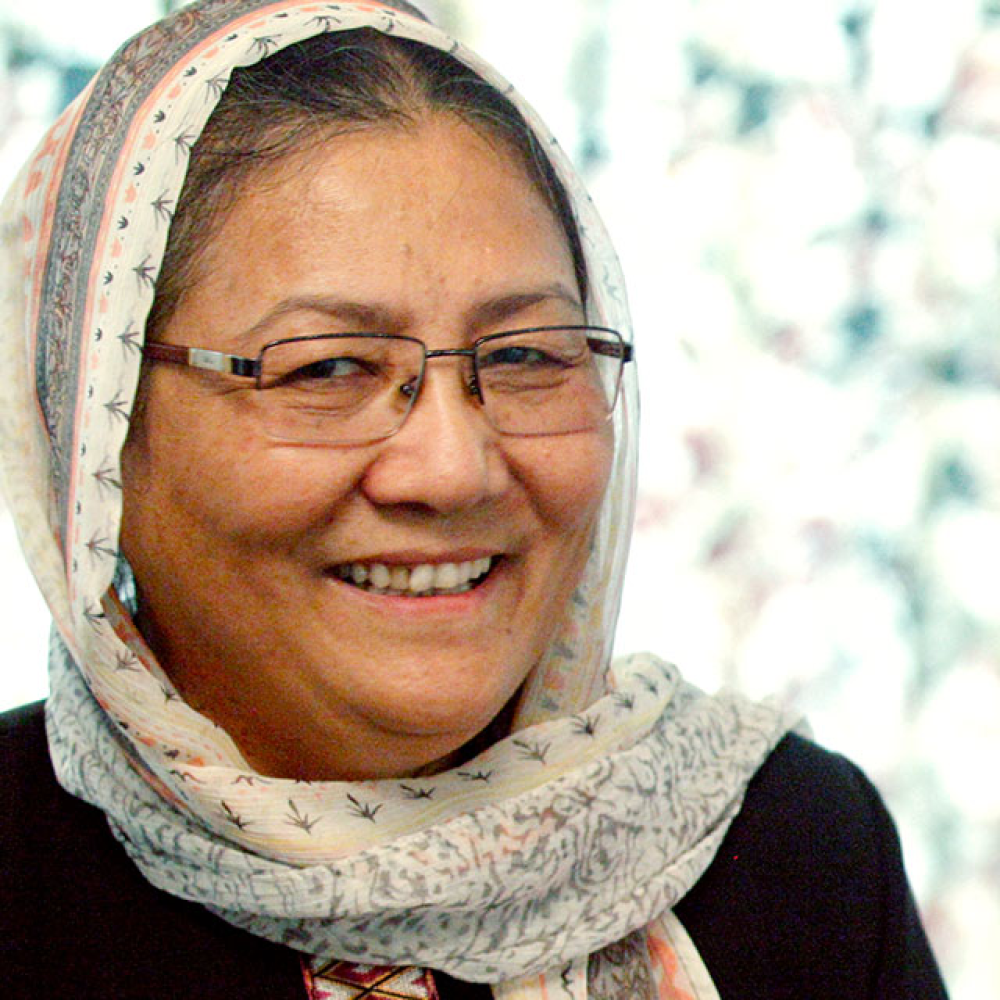
Dr. Habiba Sarabi is APL Affiliate and former member of the Islamic Republic of Afghanistan's Peace Negotiating Team. She is a politician, and reformer in Afghanistan's reconstruction. She made history as the first Afghan woman to become a provincial governor when appointed in 2005 to lead Bamyan Province. Sarabi also served as Minister of Women's Affairs and was an activist for women's rights and education during the Taliban era. In the 2014 presidential elections, she ran as vice president alongside Dr. Zalmai Rasul. As an advisor to Dr. Abdullah Abdullah, she focused on women and youth issues within the National Unity Government.
Recognized for her efforts, she received the Ramon Magsaysay Award in 2013 and the N-Peace Prize in 2016. She was a member of the Government negotiation team with the Taliban, working to bring peace while advocating for gender equality and women's empowerment.



